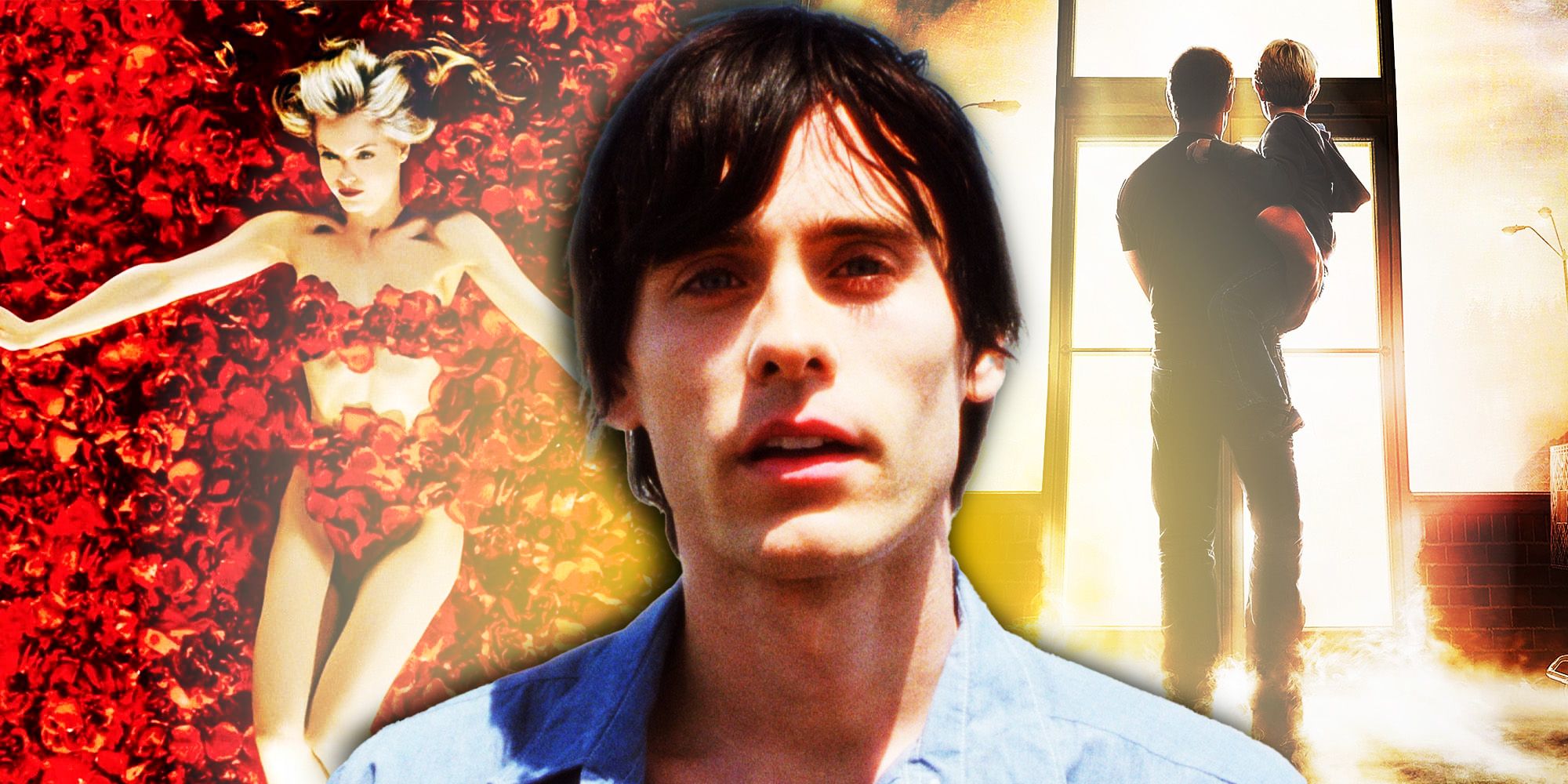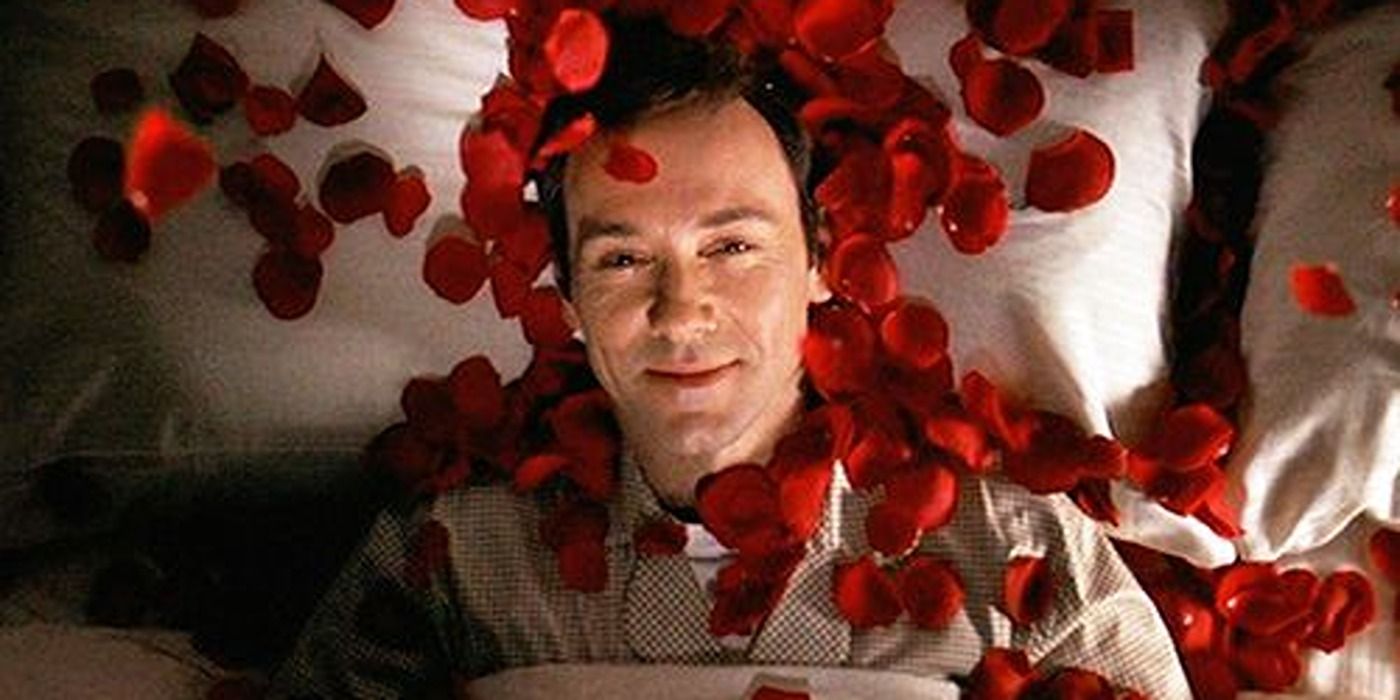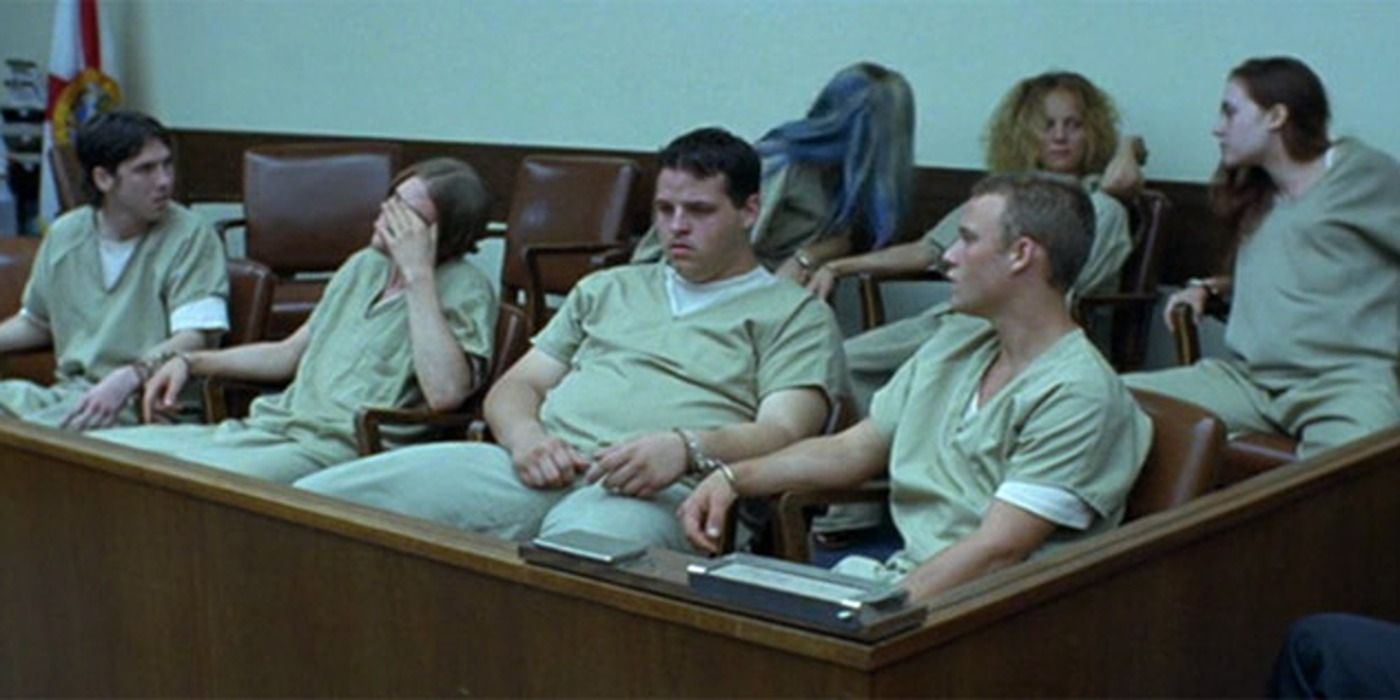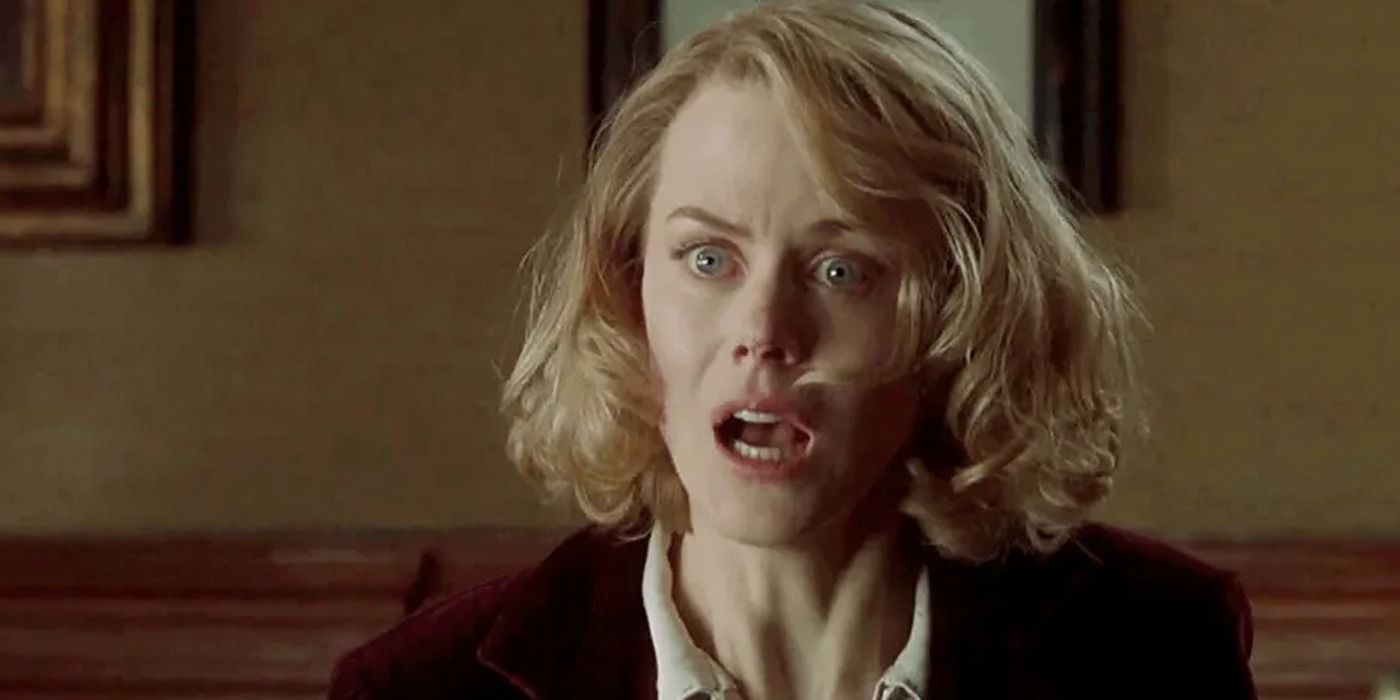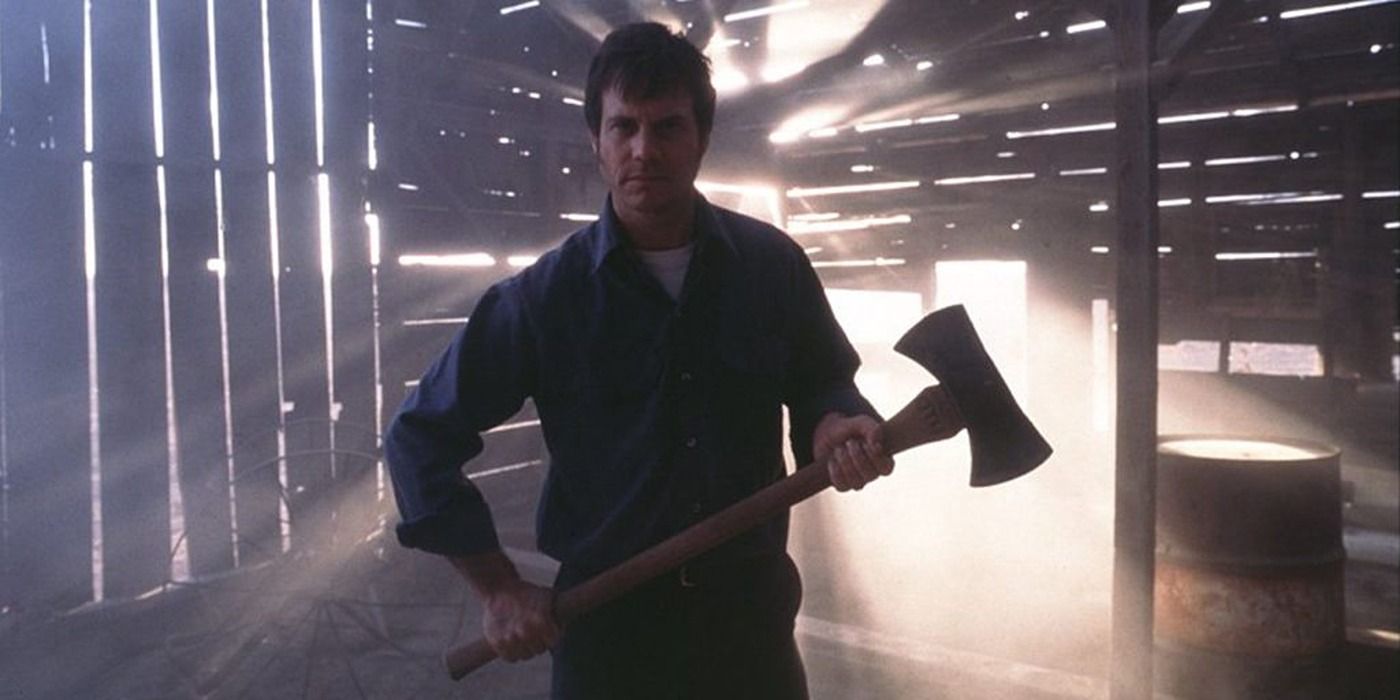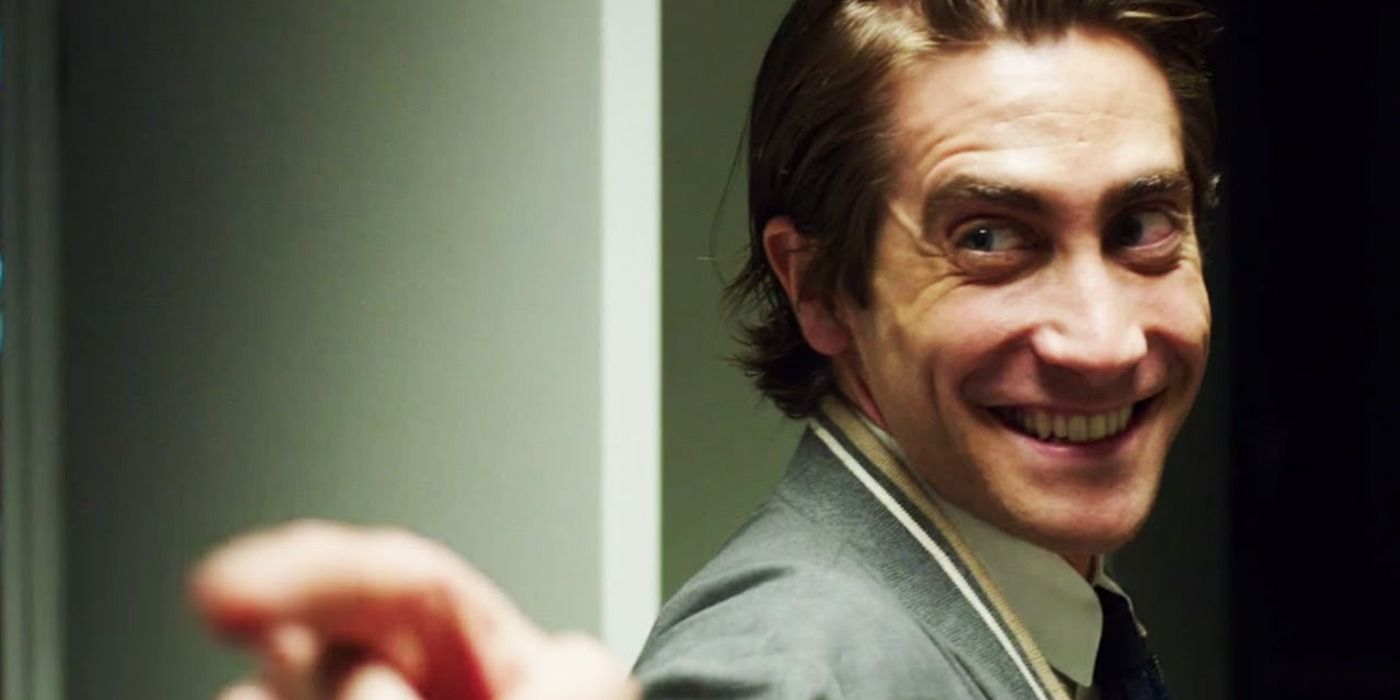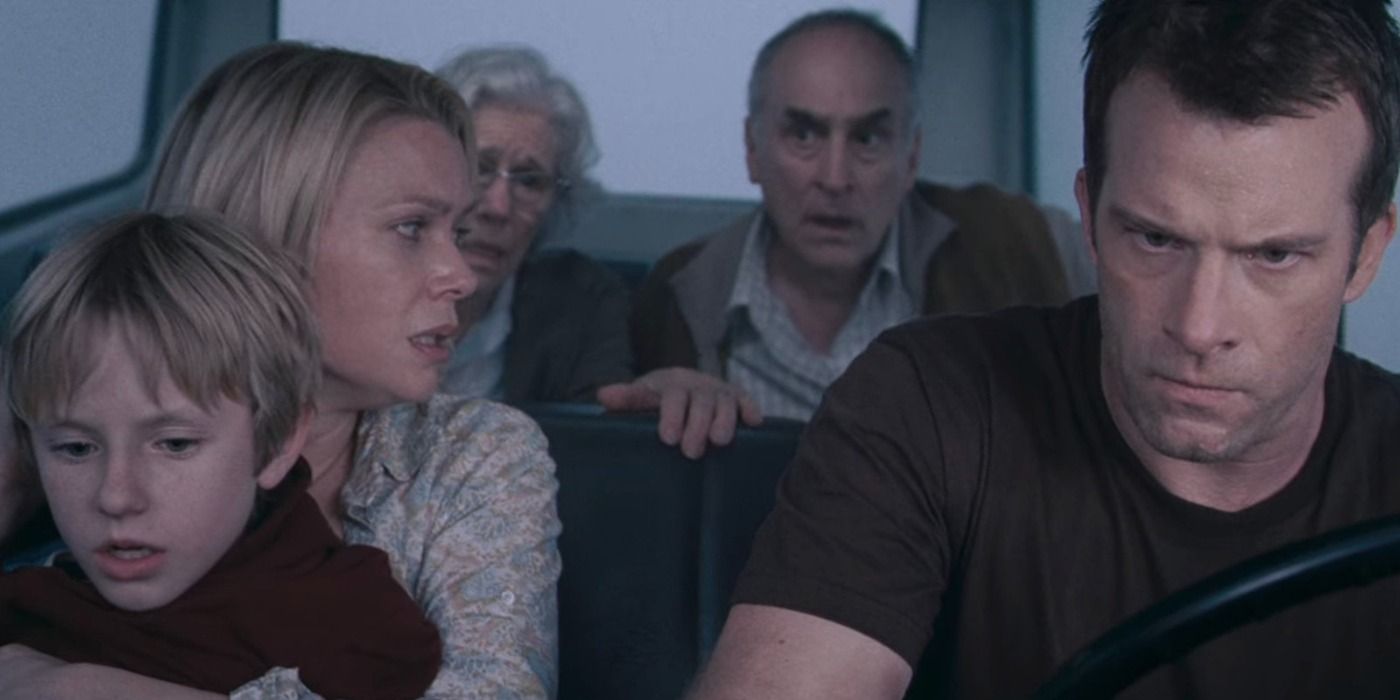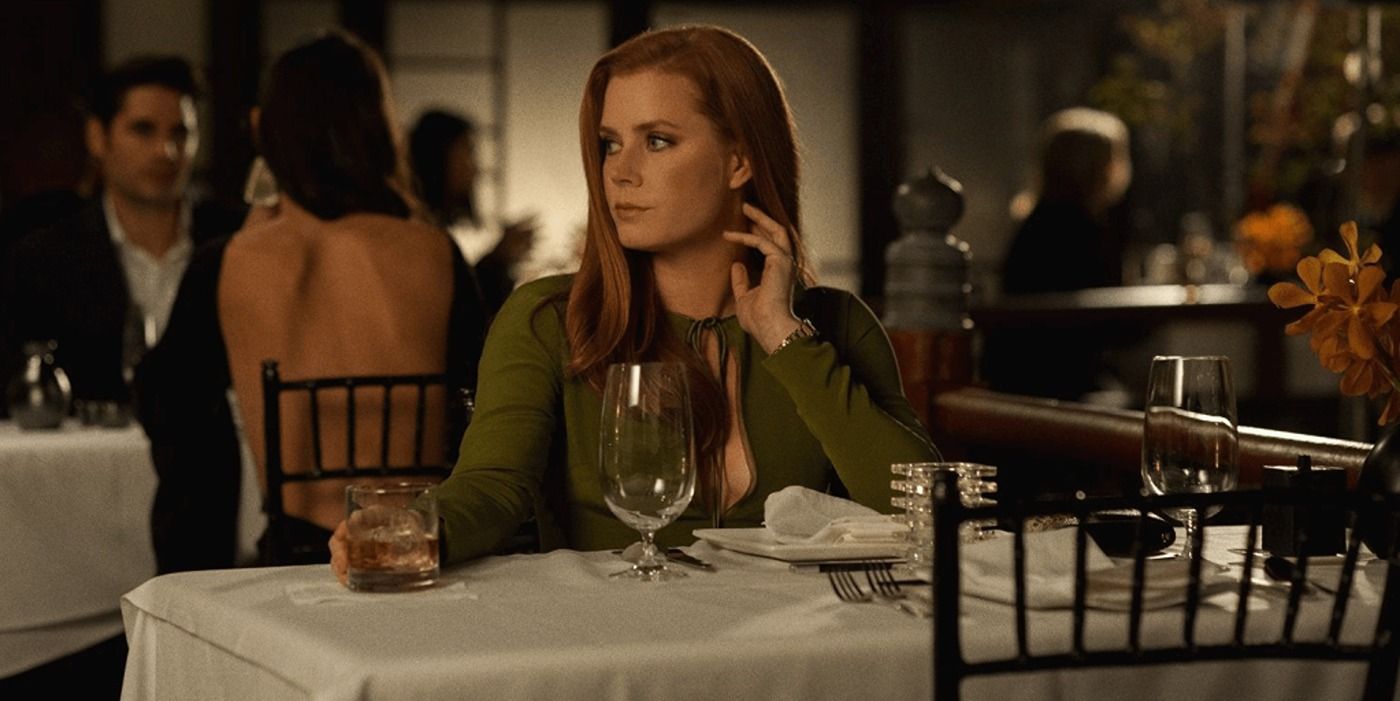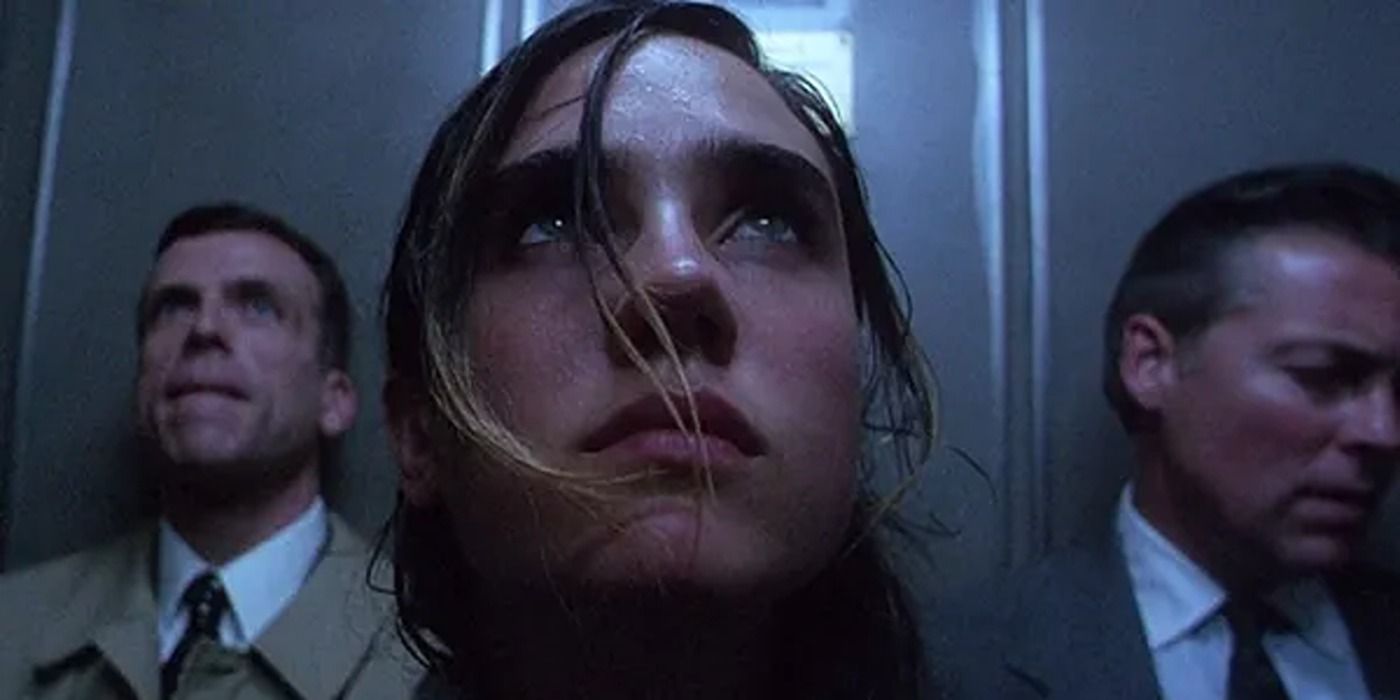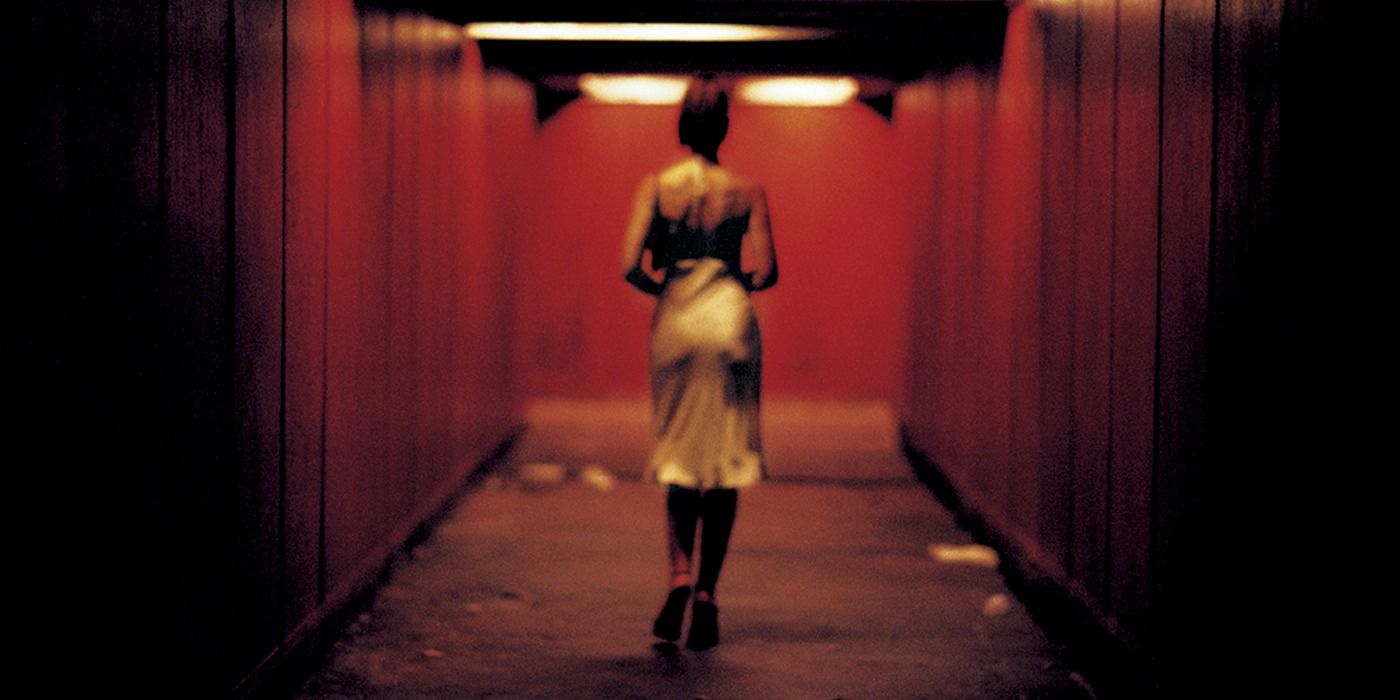WARNING: This article contains mentions of sexual assault.
Summary
- A movie's ending has the power to create a haunting impact and provoke intense emotions, revealing the darker aspects of human nature.
- Unsettling conclusions serve as thought-provoking reminders of the power of cinema and can raise questions about beliefs and values.
- Films with unforgettable endings, such as American Beauty and The Others, dive deep into the human experience and leave a lasting, sometimes disturbing, impression.
The ending of a movie is intended to leave the viewer with a lasting impression, but sometimes that feeling haunts long after the credits roll. These are the moments when filmmakers wield their storytelling genius to create a profound, and sometimes disturbing, impact. Such endings can redirect the entire movie experience, revealing the darker aspects of human nature, unexpected twists, or morally ambiguous choices. These moments linger, sparking reflection and sometimes provoking questions about different beliefs and values. Unsettling conclusions, however, can serve as thought-provoking reminders of the power of cinema.
The history of cinema has given audiences numerous endings that inspire, confuse, disgust, and in this case, haunt. From the poignant final moment in American Beauty to the tragic ending of Requiem for a Dream, these conclusions stay in the viewer's mind, raising questions and provoking intense emotions. They serve as a testament to the power of storytelling and the way films can dive deep into the human experience. Films of that magnitude, through their unforgettable conclusions, cement their place in a list of the most unsettling movie endings.
10 American Beauty (1999)
The conclusion of Sam Mendes' American Beauty, written by Alan Ball, exposes the fallacy of the American Dream and uncovers beauty in unexpected places. Lester Burnham's (Kevin Spacey) murder by his neighbor, Colonel Fitts (Chris Cooper), is jarring. In his final moments, Lester reflects on the world's beauty, offering a poignant yet unsettling insight. Shot dead but smiling, he realizes beauty persists even in death's shadow. This scene serves as a chilling reminder of life's fleeting moments and intricate complexities. It leaves viewers haunted by the irony that Lester finds the beauty he yearned for in his dying breath, revealing the unexpected places where solace resides.
9 Bully (2001)
Larry Clark's Bully chills with its cold, callous teen characters from start to finish. However, it's the ending that lingers in the mind. The film culminates in a courtroom, where troubled teens, spiraling into violence, confront their actions. What makes this ending haunting is the unapologetic rawness of their testimonies. They point fingers, showing zero remorse for their classmate's murder, exposing collective moral decay. The scene reminds audiences of society's failures in dealing with troubled youth, chillingly resonating long after the credits roll.
8 The Others (2001)
The twist ending of The Others, starring Nicole Kidman, exposes a shocking truth, finally giving clarity to the mysterious events that have taken place throughout the film. Kidman's character, Grace, and her children's supernatural condition are uncovered, leaving viewers with a lingering feeling of unease and disbelief. The realization of their existence as the "others" adds an eerie layer to the storyline. The Others' ending leaves a haunting impression, as the boundaries between the living and the dead blur, and the characters' fates take a surprising turn. This is a conclusion that is not only memorable, but the feelings it provokes are long-lasting.
7 Frailty (2001)
Revelations of disturbing truths will always be unsettling. This is true for the movie Frailty, directed by and starring Bill Paxton. The story follows a father who believes he has received a message from God to eliminate demons in human form. This leads him to commit gruesome murders, all while his young son adamantly denies his father's claims. However, in a haunting twist, the movie’s ending reveals that the father was, in fact, receiving genuine messages from God. This revelation is a disturbing moment, as it challenges the audience's perception of the characters and blurs the lines between good and evil.
6 Nightcrawler (2014)
Nightcrawler, (Jake Gyllenhaal), one of Jake Gyllenhaal's best movies, sees a freelance journalist who captures gruesome footage to sell to news stations. With themes surrounding sensationalism, morality, and exploitation, audiences are forced to sit with the unsettling ideas surrounding media ethics and the lengths to which individuals will go for profit. As the film progresses, Louis becomes increasingly unhinged, going to extreme lengths to get exclusive footage of violence. In the film’s final moments, Bloom gathers his employees and delivers a chilling statement: "I will never ask you to do anything that I wouldn't do myself." This line highlights his unrelenting pursuit of success.
5 The Mist (2007)
The Mist leaves viewers in silence as the credits roll, shrouding them in uncertainty. A Stephen King adaptation, the chilling final scene features the protagonist, David Drayton (Thomas Jane), and a group fleeing otherworldly creatures in a menacing mist. Stranded without gas, David takes it upon himself to end their suffering, in a mercy-killing spree. Moments later, as the mist clears, it is revealed that military personnel have successfully defeated the threat. Drayton's gut-wrenching screams close the film, offering a haunting commentary on the consequences of irrational fear and hasty decisions in moments of desperation in one of the best horror movies ever.
4 Nocturnal Animals (2016)
Nocturnal Animals, directed by Tom Ford, is a psychological thriller that weaves together two storylines. In the final scene, Susan (Amy Adams) receives an invitation from her ex-husband Edward (Jake Gyllenhaal), to meet and discuss a manuscript he wrote. Amy arrives first, and the tension while she waits is palpable. Soon it becomes apparent that Edward is not showing up. Susan is now faced with the reality that the story was a metaphor for the life she used to have, and the man who wrote it is dead to her. As she sits at the table alone, a haunting reminder of what could have been leaves viewers with a sense of melancholy and introspection.
3 Requiem for a Dream (2000)
Darren Aronofsky's Requiem for a Dream is a haunting, one-time viewing experience known for its visceral storytelling and exceptional acting. The film ends in a culmination of each character's downward spirals, grasping at distant dreams of a better life. Marion (Jennifer Connelly) endures degradation in a drug-fueled nightmare, Tyrone (Marlon Wayans) is imprisoned with memories of his late mother and lost innocence, while Harry (Jared Leto) loses an arm and ends up in a hospital. His mother is a mere shadow of herself after shock therapy. Their shattered dreams leave a lingering sense of despair and hopelessness.
2 Kids (1995)
Larry Clark's Kids tells the story of a group of teenagers who spend their time engaging in reckless activities during the height of the AIDS epidemic. From its depressing depiction of youth culture, Kids is an unforgettable film. In the most disturbing scene, Jennie, played by Chloe Sevigny, has just received a positive HIV diagnosis. While unconscious at a party, she is sexually assaulted by Casper (Justin Pierce). This deplorable act exposes Casper to contract HIV as well, and cements Clark’s work as one of the most controversial films of the '90s. While this film is not for everyone, it is indeed a powerful one that leaves viewers in a state of unease.
1 Irreversible (2002)
Taking the top spot as the most unsettling ending of all time, are the final moments of the French film Irreversible directed by Gaspar Noe. Known for its experimental narrative structure and intense, violent content, the story unfolds in reverse chronological order. With the final scene revealing a disturbing event, it’s an upsetting viewing experience, making the viewer wish they had avoided the movie altogether. The film explores strong themes of sexual violence, revenge, and the cyclical nature of trauma, leaving a lasting impact on those who watch it. It’s a polarizing film that has earned a reputation as one of the most haunting and disturbing movies of the century.

